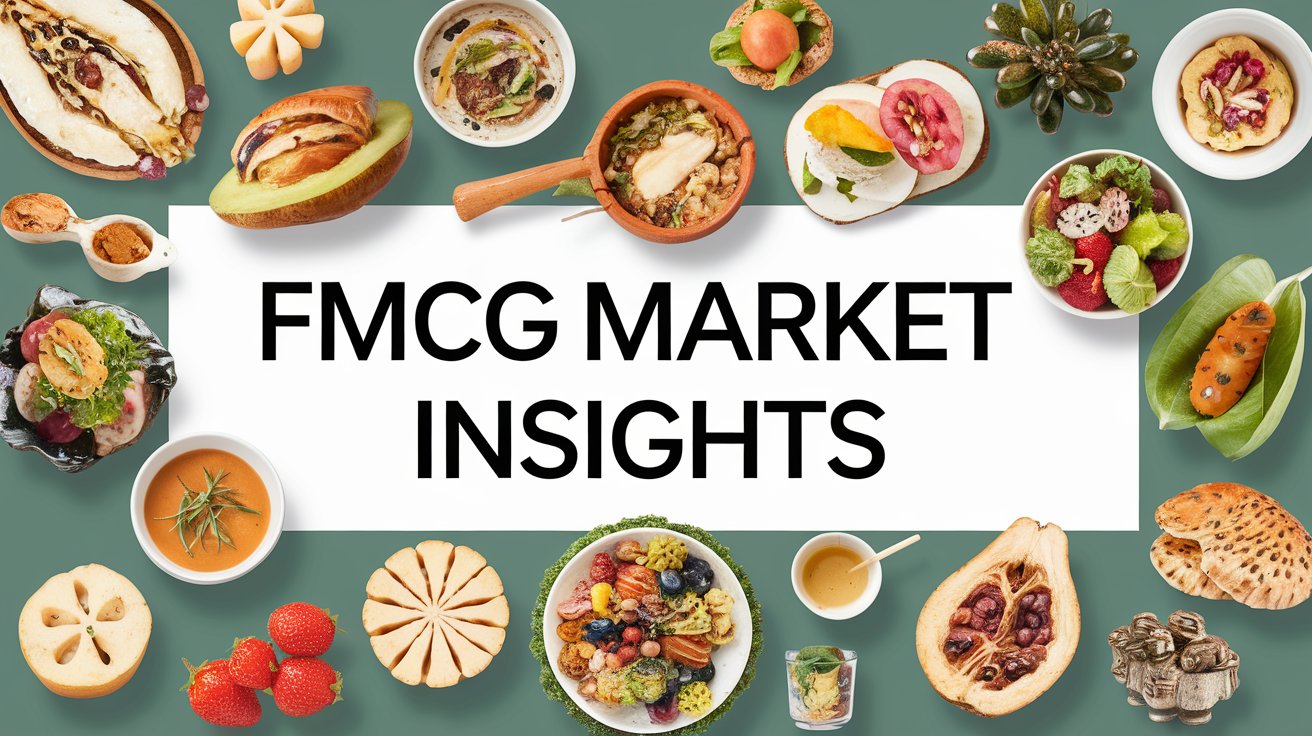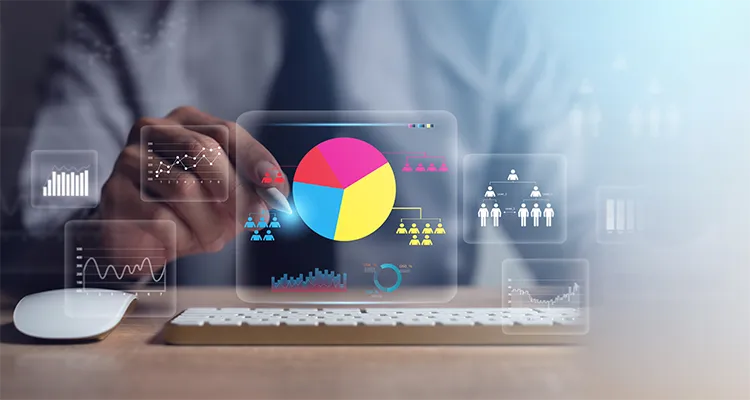No products in the cart.

Introduction to the FMCG Market
Fast-Moving Consumer Goods (FMCG) refers to products that are sold quickly and at relatively low costs. These are essential products used by consumers daily, such as food, beverages, personal care items, and household goods. The FMCG market is one of the largest sectors in the global economy, with immense importance as it fuels the everyday life of billions of people.
FMCG goods are typically characterized by high turnover and quick consumption, leading to consistent demand. This sector represents a critical part of global commerce, offering everything from basic necessities to indulgent goods.
Growth Trends in the FMCG Sector
The FMCG sector is experiencing rapid growth globally. In 2023, the global FMCG market was valued at approximately $10 trillion, with forecasts indicating that this figure will continue to rise due to the increasing population, urbanization, and rising incomes in emerging markets.
Key regions like Asia-Pacific, Latin America, and parts of Africa are driving the highest growth due to their large populations and growing middle-class segments. The availability of digital shopping platforms has also opened new avenues for FMCG companies to expand their market reach.
Key Drivers of FMCG Market Expansion
Urbanization and Changing Consumer Behavior
The rise of urbanization has altered consumer preferences, leading to higher demand for convenient and ready-to-use products. With more people living in urban areas, the need for time-saving FMCG products has surged, especially in the food and beverage sectors.
Digital Transformation in Retail
With the advancement of technology, FMCG companies are increasingly focusing on digital platforms to reach consumers. E-commerce and digital marketing strategies have become crucial in ensuring that FMCG brands stay relevant and accessible to the modern consumer.
Rising Disposable Incomes
As incomes grow, particularly in developing nations, consumers are willing to spend more on premium and branded products. This has fueled the growth of various FMCG categories, including health and wellness products and luxury personal care items.
Challenges in the FMCG Industry
- Supply Chain Disruptions
The FMCG sector is highly dependent on a robust supply chain to ensure products reach consumers quickly. However, disruptions, such as those caused by the COVID-19 pandemic, have posed significant challenges in maintaining supply and meeting demand. - Competition from Private Labels
The rise of private labels (store brands) is another challenge for established FMCG brands. These products offer consumers cheaper alternatives, often with comparable quality, making it difficult for branded products to maintain their market share. - Regulatory Challenges
FMCG companies must navigate a complex regulatory landscape that varies across different regions. Health, safety, and environmental regulations can add to operational costs and slow down time-to-market for new products.
Technological Advancements in FMCG
- Automation and AI in the Supply Chain
Automation and artificial intelligence (AI) are revolutionizing how FMCG companies manage their supply chains. Automated warehouses, AI-powered inventory management, and predictive analytics help ensure efficiency, reduce waste, and optimize logistics. - E-commerce and Omnichannel Retailing
The integration of e-commerce into traditional retail models has transformed the FMCG market. Consumers now expect seamless experiences, whether they shop in physical stores or online. Omnichannel strategies, where companies provide multiple ways to purchase products, are becoming the norm. - Personalization through Data Analytics
Data-driven insights allow FMCG companies to offer personalized product recommendations and marketing. Consumers increasingly expect tailored experiences, and brands that leverage customer data effectively can create deeper relationships and drive loyalty.
Sustainability and FMCG
- Eco-friendly Packaging Initiatives
Sustainability has become a key focus in the FMCG sector. Companies are making strides in reducing plastic waste by using eco-friendly packaging materials. This shift not only appeals to environmentally conscious consumers but also helps meet global sustainability goals. - Consumer Demand for Ethical Products
Today’s consumers, particularly millennials and Gen Z, prefer products that align with their ethical values. As a result, companies are launching more products that are cruelty-free, fair trade, and environmentally sustainable. - Circular Economy Practices
Many FMCG companies are adopting circular economy practices, which aim to reduce waste by reusing and recycling materials. This helps reduce environmental impact and contributes to long-term sustainability.
Consumer Trends Shaping the FMCG Market
- Health and Wellness Products
Health-conscious consumers are driving demand for products that promote wellness. FMCG companies are increasingly focusing on healthier options, such as organic food, plant-based beverages, and natural skincare products. - Organic and Natural Ingredients
The trend toward organic and natural ingredients is growing, especially in the food and beauty sectors. Consumers are becoming more aware of the benefits of clean, non-toxic products, leading FMCG brands to innovate in this space. - Demand for Convenience
The demand for convenience continues to shape the FMCG market. Ready-to-eat meals, snack packs, and grab-and-go beverages are some of the fastest-growing categories, catering to busy lifestyles.
Impact of COVID-19 on the FMCG Sector
The pandemic has had a profound impact on the FMCG market. The sudden shift in consumer behavior, with increased demand for hygiene products, packaged foods, and home cleaning supplies, reshaped the industry. Digital shopping surged during the pandemic, and many of these changes are here to stay.
Future Prospects of the FMCG Market
Looking ahead, innovation will continue to drive growth in the FMCG sector. Companies are investing in AI, Big Data, and automation to enhance production, distribution, and marketing. Market consolidation through mergers and acquisitions is also expected to increase, as larger companies seek to strengthen their market position.
Conclusion
The FMCG market is evolving rapidly, driven by technological advancements, changing consumer preferences, and sustainability demands. With new challenges and opportunities emerging, FMCG companies that can adapt to trends like digital transformation, ethical consumerism, and health-conscious products will thrive. The future of FMCG looks promising, and continued innovation will be key to staying competitive in this dynamic sector.
Previous Post
Survey and Questionnaire Design
 Demos
Demos  Docs
Docs  Support
Support 




